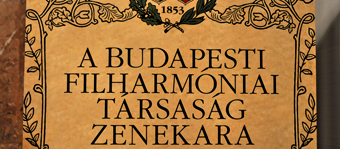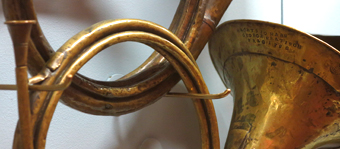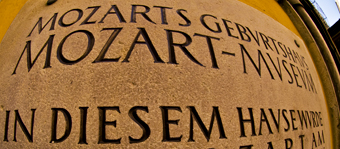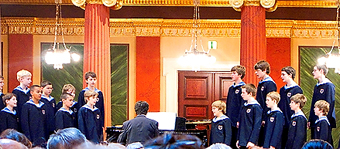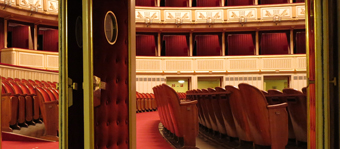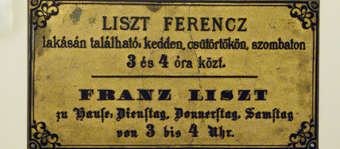Although Dvořák was greatly influenced by Czech folk music, he is often considered more of a “universal” composer than a primarily “nationalistic” one such as Smetana. He wrote significant works for all genres, and some consider him the most important composer – from any country – in the period following Brahms’s death.
That said, the melodies in the Eighth Symphony are easily heard as coming from the Bohemian folk music that was so important to the composer. Within a rather stormy first movement, Dvořák gives us a “bird call” melody in the flutes, again, reminiscent of his time in the Czech countryside. Another interesting feature of the symphony is in the third movement. Most orchestra minuets or waltzes end with the same character as they began, but here Dvořák concludes the movement with a faster dance.
The Eighth Symphony was completed in a relatively short period of 77 days in August through November, 1889. Dvořák dedicated it to Emperor Franz Joseph and the Bohemian Academy for the Encouragement of Arts and Literature to which the composer had recently been elected.
Dvořák’s 8th Symphony appeared on the Greensboro Symphony Orchestra’s concerts in November, 2011.


